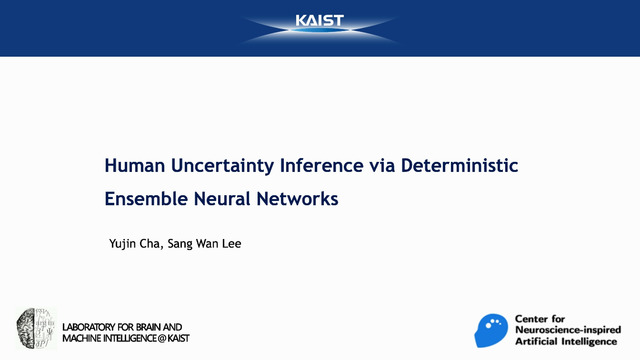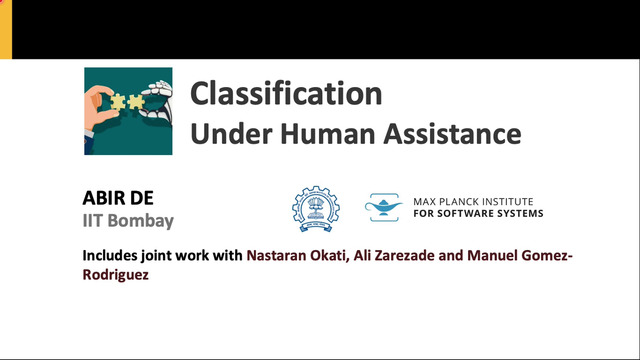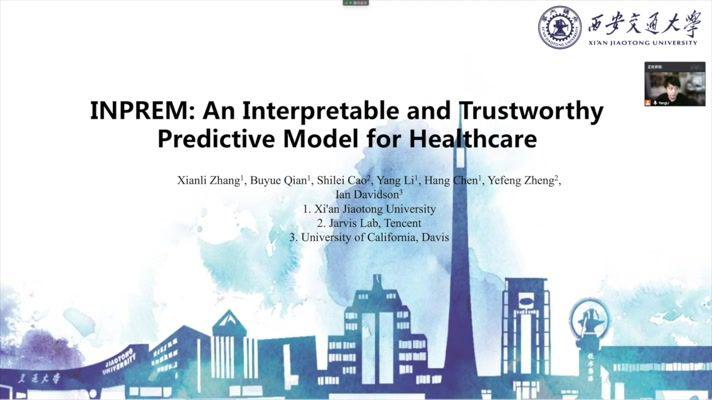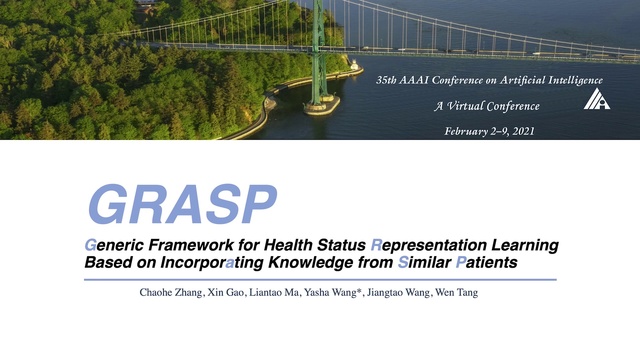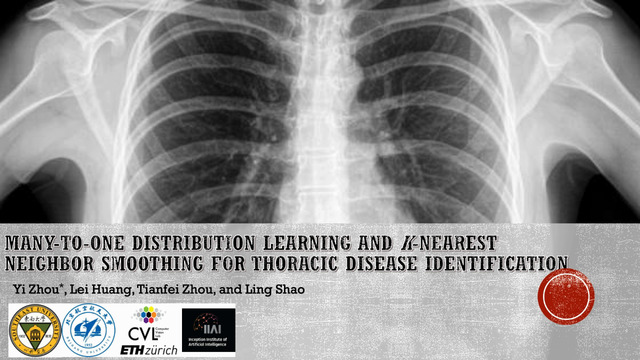Abstract:
There is much hope for the positive impact of machine learning on healthcare. In fact, several ML methods are already used in everyday clinical practice, but the effect of adopting imperfect predictions from an ML system on model performance over time is unknown. Clinicians changing their decisions based on an imperfect ML system changes the underlying probability distribution P(Y ) of future data, where Y is the outcome. This effect has not been carefully studied to date. In this work we tackle the problem of model predictions influencing future labels (which we refer to as the feedback loop) by considering several supervised learning scenarios, and show that unlike in the no-feedback-loop setting, if clinicians fully trust the model (100% adoption of the predicted label) the false positive rate (FPR) grows uncontrollably with the number of updates. We simulate the feedback loop problem on a real-world ICU data (MIMIC-IV v0.1) as the distribution shifts over time. Among our scenarios, we consider how the clinician’s trust in the model over time impacts the magnitude of the FPR increase due to a feedback loop. Finally, we propose mitigating solutions to the observed model degradation using heuristics that discard potentially incorrectly labeled samples. We hope that our work draws attention to the existence of the feedback-loop problem resulting in both theoretical and practical advances for ML in healthcare.



